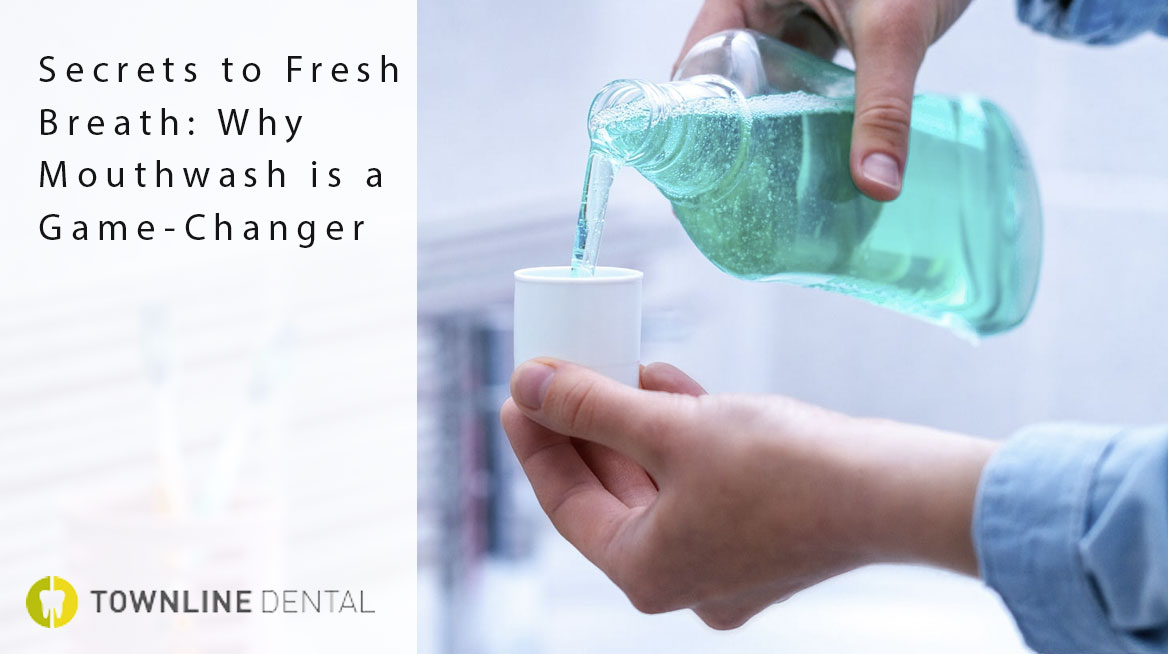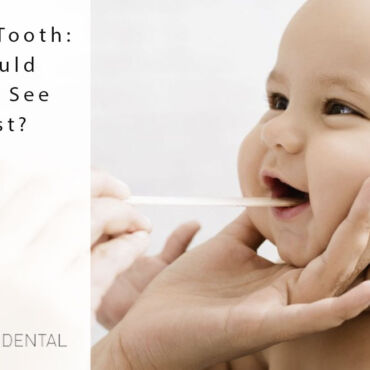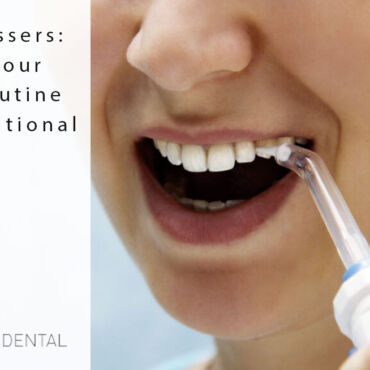Fed up with worrying about your breath? Ready for fresh breath secrets? Well, look no more – mouthwash is the hero you need! Discover why mouthwash is the key to keeping your breath super fresh.
What causes bad breath?
Halitosis, commonly known as bad breath, can be socially awkward and embarrassing. The origins of bad breath stem from various factors, with poor oral hygiene being a primary culprit. Inadequate brushing and flossing allow food particles to accumulate between teeth, fostering bacterial growth that releases unpleasant sulfur compounds. Beyond oral hygiene, consuming certain foods like garlic and coffee can impart lingering odors, while dry mouth, resulting from reduced saliva production, also contributes by allowing odor-causing bacteria to thrive. Smoking, specific medications, and underlying health issues such as gum disease and respiratory infections further contribute to the development of bad breath.
Benefits of using mouthwash
Mouthwash does more than just hide bad breath – it tackles the reasons behind it. By killing bacteria, cutting down on plaque, and giving your breath a fresh boost, mouthwash gives you long-lasting freshness. Let’s break down the benefits:
- Kills bacteria: Mouthwash has special ingredients that target and get rid of the bacteria causing bad breath, ensuring your breath stays fresh.
- Reduces plaque: Plaque is a sticky film of bacteria on your teeth and gums. If left alone, it can turn into tartar, leading to gum problems and tooth issues. Mouthwash helps keep plaque under control, protecting your oral health and stopping bad breath.
- Freshens breath: With things like menthol and essential oils, mouthwash leaves your mouth feeling cool and your breath smelling minty. It gives you a quick burst of freshness, so you can chat with confidence without worrying about bad breath.
- Promotes oral health: Using mouthwash regularly can prevent gum disease and cavities. By killing bacteria and cutting down on plaque, mouthwash supports your overall oral health and makes for a healthier mouth.
Different types of mouthwash and their effectiveness
Not all mouthwashes are the same, so it’s crucial to pick the right one for your needs. Let’s look at different types and how they tackle bad breath.
- Alcohol-based mouthwash: These are good at killing bacteria but might make your mouth dry and irritated. Use them carefully and check with your dentist if you face any issues.
- Alcohol-free mouthwash: For those who want to avoid alcohol or have sensitive gums, these mouthwashes still kill bacteria without the potential side effects of alcohol.
- Fluoride mouthwash: Besides freshening breath, fluoride mouthwashes strengthen tooth enamel and prevent tooth decay. Great for people at a higher risk of cavities, like kids, seniors, or those with a history of dental problems.
- Natural mouthwash: Made with plant-based ingredients, like tea tree oil and peppermint oil, these mouthwashes offer a gentler, chemical-free option. While they might not kill as many bacteria, they still provide a natural and refreshing way to maintain fresh breath.
How to use mouthwash correctly
To make sure your mouthwash works well, follow these simple steps:
- Choose the right mouthwash: Pick one that suits your needs, whether it’s for bad breath, reducing plaque, or overall oral health.
- Read the instructions: Different mouthwashes have different usage guidelines, so read the label carefully before using.
- Measure the right amount: Pour the recommended amount (usually 20-30 milliliters) into a cup or the provided cap. Follow the instructions for precise measurements.
- Swish and gargle: Swirl the mouthwash in your mouth for 30 seconds to 1 minute, reaching all areas, including the front, back, and sides. Gargle in the back of your throat if directed.
- Spit, don’t swallow: Spit the mouthwash into the sink after swishing. Avoid swallowing it, as it may contain ingredients not meant to be ingested.
- Avoid immediate rinsing: For the mouthwash to work well, don’t rinse your mouth with water right away. Give it some time to do its job before eating or drinking.
Best practices for maintaining fresh breath
Besides using mouthwash in your oral care routine, here are some easy tips to keep your breath fresh all day:
- Brush and floss regularly: Brush your teeth for two minutes, twice a day, and don’t forget to floss daily to remove food particles and plaque that can lead to bad breath.
- Clean your tongue: Use a tongue scraper or your toothbrush to gently clean your tongue daily, as bacteria can accumulate there and cause bad breath.
- Stay hydrated: Drinking plenty of water keeps your mouth moist and encourages saliva production, which is crucial for fresh breath.
- Chew sugar-free gum: Sugar-free gum can stimulate saliva flow, freshen your breath, and remove food particles. Look for gum with the ADA Seal of Acceptance for quality assurance.
- Avoid foods causing bad breath: Cut back on foods like onions, garlic, and spicy dishes, as they can leave a strong odor in your mouth, especially before important social events.
- Visit your dentist regularly: Regular dental check-ups and cleanings are essential for good oral health and preventing bad breath. Your dentist can identify any underlying issues and offer guidance for maintaining fresh breath.
Conclusion
Mouthwash is fantastic for keeping your breath fresh. It doesn’t just hide bad breath – it tackles the reasons, like bacteria and plaque. Using it often can also prevent gum disease and cavities, keeping your overall oral health in good shape. Choose the right mouthwash, make it a routine, and you’ll have lasting freshness. Wave goodbye to bad breath and welcome a confident, fresh you! Call Townline Dental at 604-744-1513 to book an appointment.


